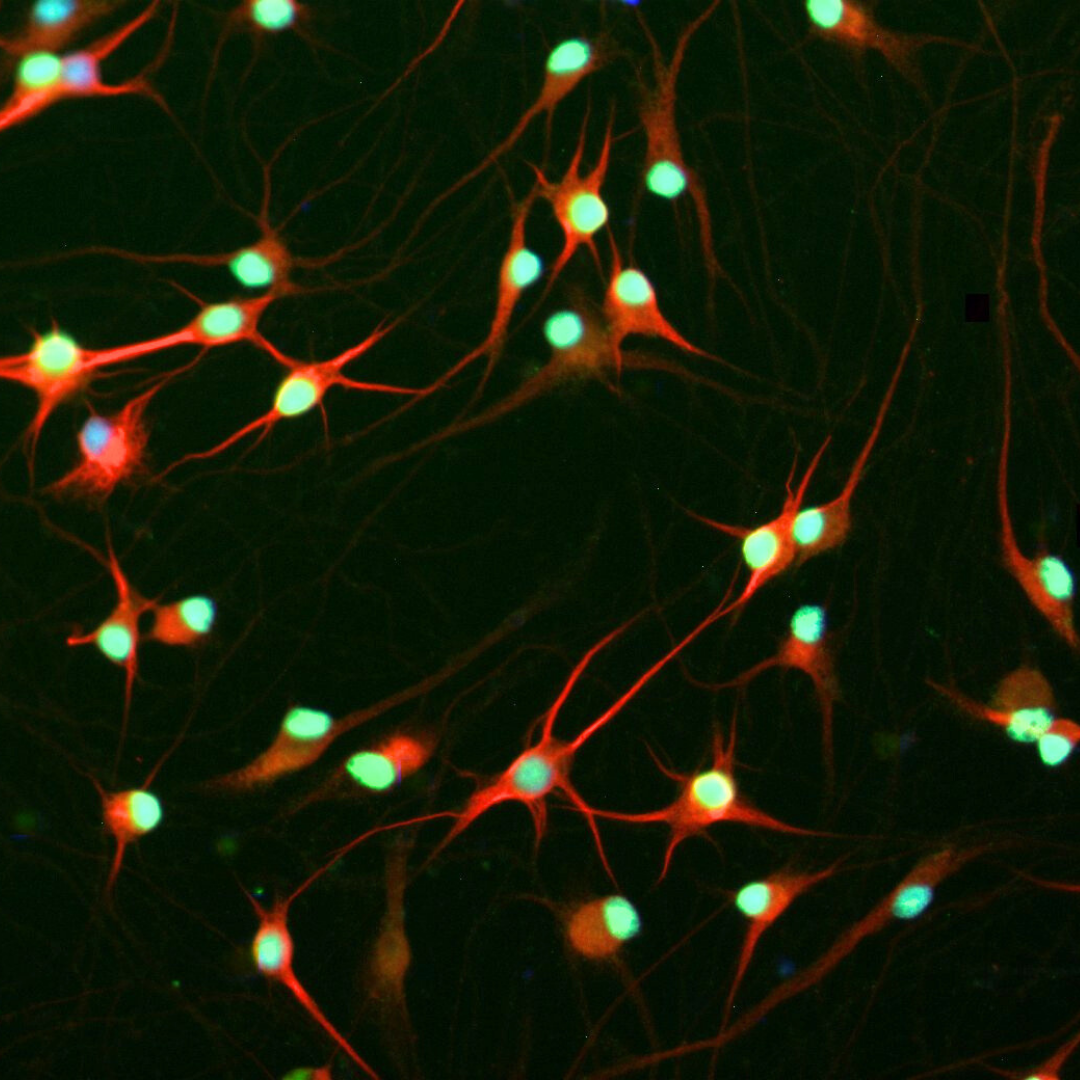
Identifying novel strategies to protect axons against FUS-ALS pathogenesis using iPS cells

- research
Amyotrophic lateral sclerosis (ALS) is a devastating neurodegenerative disease in which patients suffer progressive paralysis due to the progressive loss of motor neurons (MNs). One of the hallmarks of ALS pathology is that MN axons degenerate prior to soma – a phenomenon referred to as “dying-back”. A better understanding of the molecular mechanisms of why axons are sensitive to ALS pathogenesis is needed in order to facilitate the development of protective therapeutics. A subset of ALS cases is particularly tragic and has an onset of younger than 25 years of age, which are mostly caused by mutations in FUS. To better understand FUS-ALS pathogenesis in axons, we generated isogenic FUS-eGFP reporter induced pluripotent stem cells (iPSCs) and differentiated them into spinal MNs. Using microfluidic chambers, we efficiently isolated MN axons. Using a combination of approaches, we demonstrate that mutant FUS axons are particularly sensitive to degeneration. We hypothesize that this sensitivity is linked to an aberrant accumulation of mutant FUS inside axonal ribonucleoprotein (RNP) granules, causing reduced axonal translation. We will present preliminary data suggesting that specific short RNAs that bind FUS can prevent the recruitment of FUS to RNP granules, potentially ameliorating ALS-associated phenotypes.